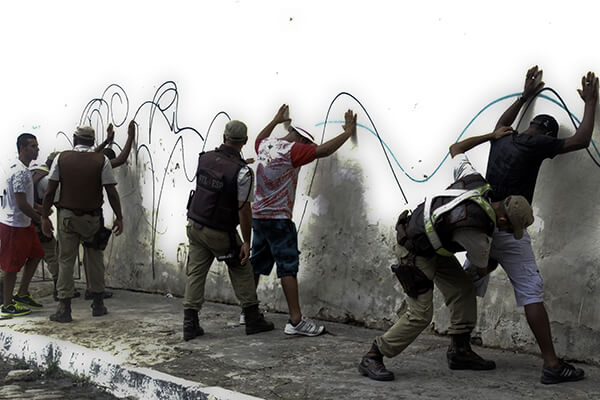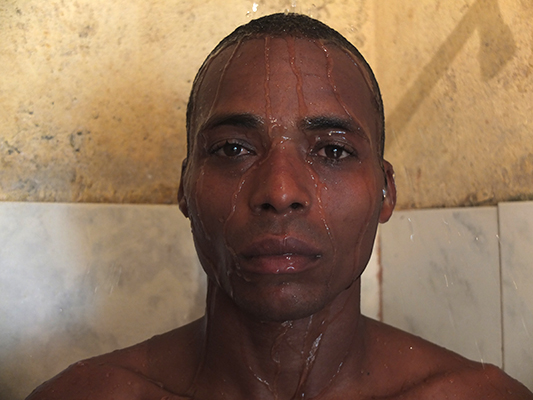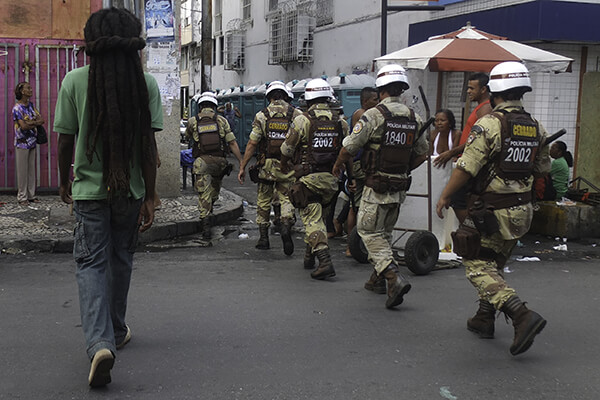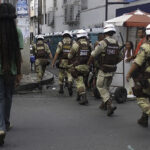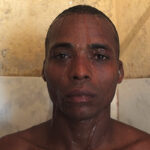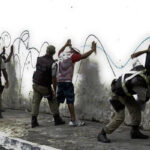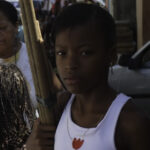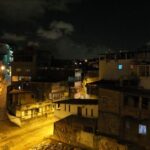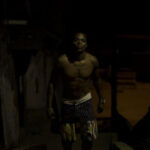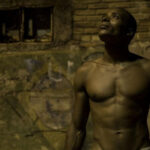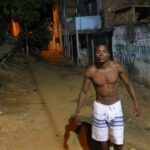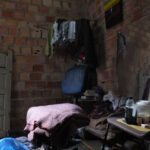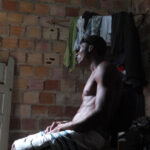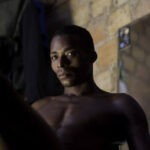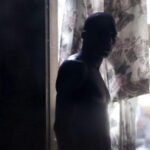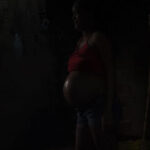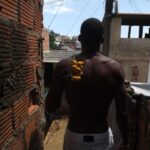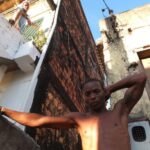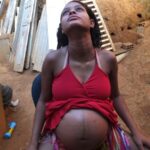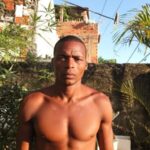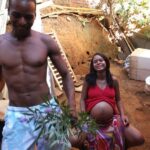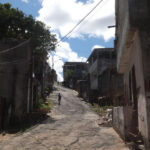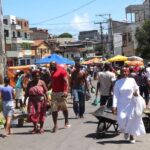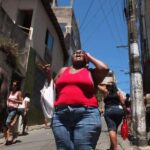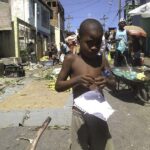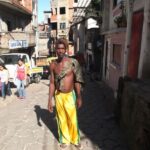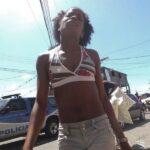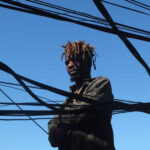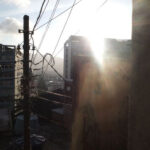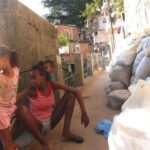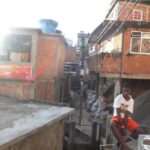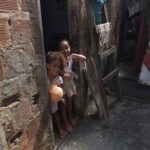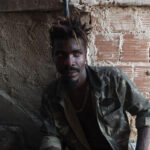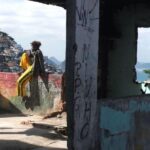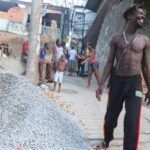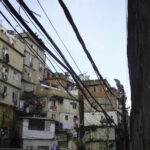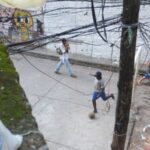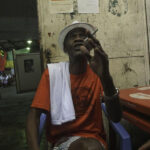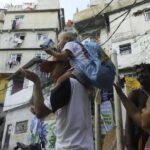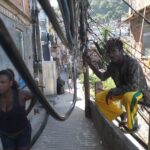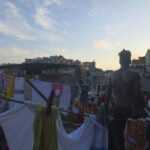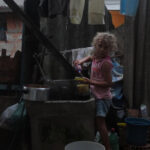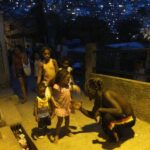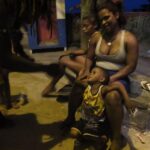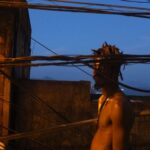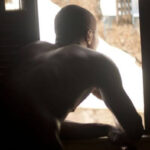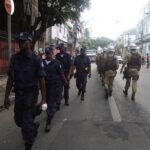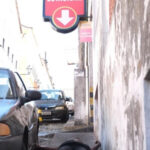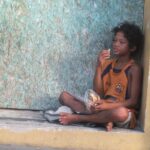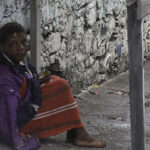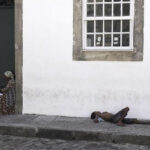Divided Brazil
Divided Brazil is part of an on going research about the problem of historical knowledge and the African diaspora created by the slave trade, a memory judged too dangerous to social stability to activate and create.
Despite the good reputation of multi-racial democracy propagated outside the country, marginalisation really exists in Brazil as I found when living in the favelas of Salvador de Bahia and in Rio de Janeiro.
Brazil was built on slave trade. The collective mistreatment and subjection of countless millions of men, women, and children brought from Africa was a necessary step in the foundation of this country.
Today Afro-Brasilians have no political representation and above a certain educational level everyone is white. White teenagers receive on average three years more of education than black teenagers. Even if the “Bolsa Familia “, a financial program supporting poor families has reduced economic disparity by 20% since 2001, educational disparity remains unchanged. The education system is a key instrument of social control and cultural discrimination: African history and civilisation has never been taught, Western values have been imposed and this has been portrayed as integration and syncretism.
Afro-Brazilians are denied their own culture and history and live in the favelas, urban slums controlled by traficantes. Young people between 15 and 30 years old involved in drugs and arms trafficking die every day. Every day their lives is kept in suspension, their death is deferred, kept in suspension.
Photographing has been a complex experience. Starting with my desire to explore this reality. It involved a gradual process of emotional and critical engagement with the Other. I created three multimedia essays (Meditation on the Favela, Embodied Self and Between Anthropology and Malandrade), alternating between representation of the favela and a more intimate investigation of the “favelado” and “malandro”.
My exploration has been inspired by the writer and activist Abdias do Nascimento, founder of Black Experimental Theatre in Rio de Janeiro, by the personal journal of Maria Carolina de Jesus “Quarto do Despejo” and by the socioloist Paulo Freire, author of “Pedagogia do Oprimido”.
Meditation on the Favela First part of the Divided Brazil trilogy, is an exploration of street life in the context of discrimination, inequality and resistance of the Favela’s environment.
Embodied Self Second part of Divided Brazil trilogy, is an exploration of the life of the Favelado from Nordeste Favela in Salvador da Bahia.
Between Anthropology & Malandragem Third part of the Divided Brazil trilogy, is an ethnographic exploration of the mystified and ambivalent figure of the Malandro in its countless connotations, the free spirited person who cleverly subverts life’s difficulties and challenges the authorities with creativity.
The “Malandro”and the “malandragem” is a lifestyle, a way of being in the world, a distillate of pure attitude.
In Ipanema beach in Rio de Janiero’s, Malandro introduced himself and deconstructs the meaning of this word and his world, the favela planet.
The real anthropological knowledge emerges from the flow of his moves, his strong individuality, rough material of knowledge neglected by academics.
His body language as self assurance is what appeal. His spirit of decision, on the spot, linked to experience and to the entire possible, dedicated to improbability, with the strength to desire fully.
